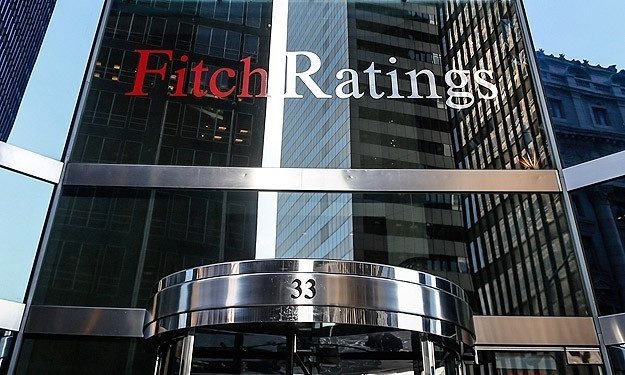Fitch Ratings has assigned Kenya’s NCBA Group Plc with Long-Term Issuer Default Ratings (IDR) of ‘B+ and a Negative Rating Outlook.
With the NCBA Bank comprising 92% of the Group’s consolidated Balance Sheet at the end of the first six months of 2021, NCBA Bank has also been assigned the same ratings.
Fitch ratings based on NCBA Group Sovereign debt exposure
The B+ rating and the negative outlook given to NCBA mirrors that given to Kenya due to its sovereign debt exposure.
NCBA Group operations are concentrated in Kenya and thus any adverse changes to the country’s sovereign credit profile could affect the lender.
Fitch said that while NCBA Bank is operating in a challenging environment with weak asset quality, this is against an enlarged franchise that is profitable, well-capitalized and with a healthy funding and liquidity position.
NCBA Group’s Viability Ratings is equalised with the consolidated assessment of the group given its high capital and liquidity fungibility within the group, despite fairly high double leverage compared to 117% at end of 2020, at the holding company level.
The group is required to comply with regulatory requirements at the consolidated level, and Kenyan authorities closely monitor it, not just at a bank standalone level.
Therefore Fitch does not notch down the holding company’s Viability Ratings for weaker regulatory focus.
Fitch has assigned a ‘b+’ Viability Rating, which is above the implied ‘b’ Viability Rating, due to NCBA Group’s company profile and its relative rating strength considering its enlarged post-merger business, which will translate to economies of scale, risk diversification, stronger and diversified earnings and access to cheaper funding.
Fitch calculates the group’s assets accounted for 10% of the sector assets at the first half of 2021.
One of NCBA Group’s main competitive advantages is its outsized strength in digital banking, particularly its market-leading M-Shwari and Fuliza mobile banking products.
NCBA Group’s impaired loan ratio rose to 16.2% at the end first six months of 2021 compared to 11.5% in the first half of 2020.
“We anticipate further deterioration by end of 2021 with pandemic-driven loan defaults which were at 17% of total loans at the end of the first half of 2021 eding towards 20%,” said Fitch.
The pace of new impaired loans will start to stabilise by 2022, in line with operating conditions. Specific loan loss provisions to cover impaired loans was an acceptable 68% in the first half of 2021.
Fitch expects NCBA Group to remain profitable in 2021, but its performance may be pressured by higher loan loss provisions if asset quality continues to weaken.
Pre-impairment profitability is healthy, although its net interest margin is comparatively weaker than peers due to a higher cost of funding. This is compensated for by very healthy non-interest income generation.
NCBA Group is well capitalised with regulatory core and total capital ratios being comfortably above the required minimum.
NCBA Group’s funding profile is dominated by a large customer deposit base but has structural weaknesses due to its reliance on more expensive institutional term deposits.
Balance-sheet liquidity is healthy and has relative strength.
NCBA Bank’s ‘4’ Support Rating (SR) and ‘B+’ Support Rating Floor (SRF) consider a high propensity of the authorities to provide support to the bank given its systemic importance and also Kenya’s fairly limited financial flexibility, as captured in the sovereign rating.
NCBA Bank’s SR of ‘4’ and SRF of ‘B+’, reflect a limited probability of support from the Kenyan authorities and are directly linked to Kenya’s Long-Term IDR.
Fitch believes that as a non-operating bank holding company, sovereign support would not extend to the NCBA Group.
ALSO READ: Fitch Ratings warns Kenya on its astronomic debt levels




